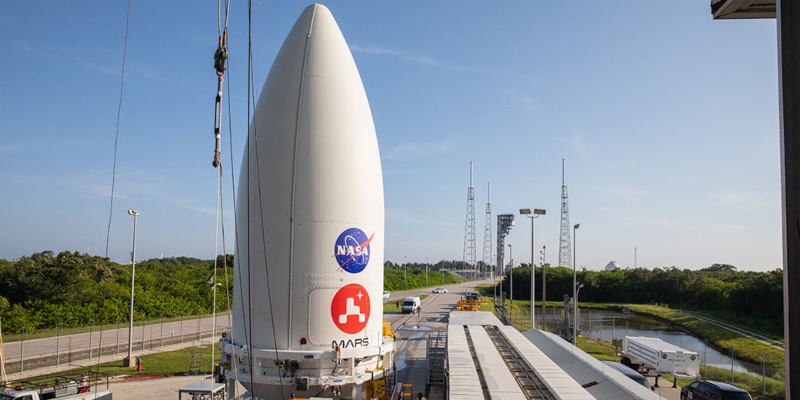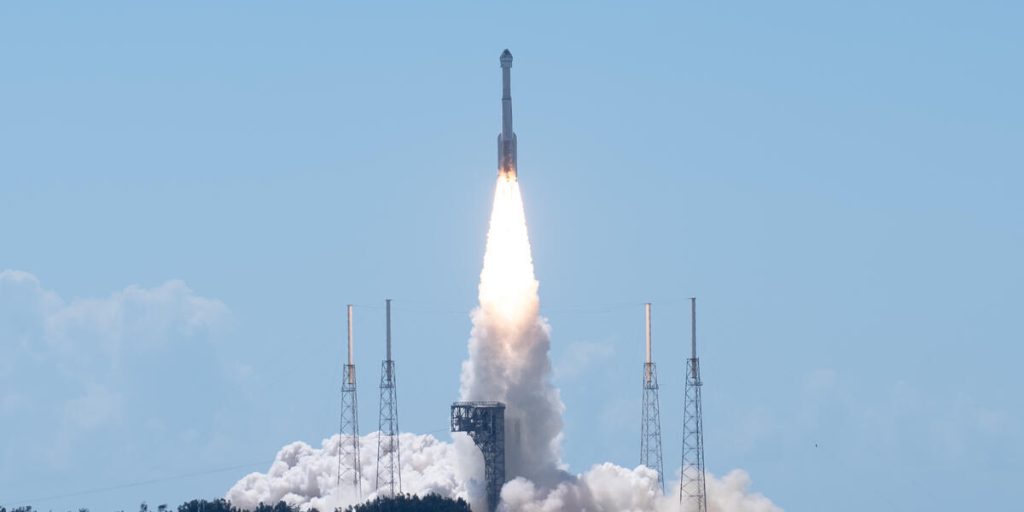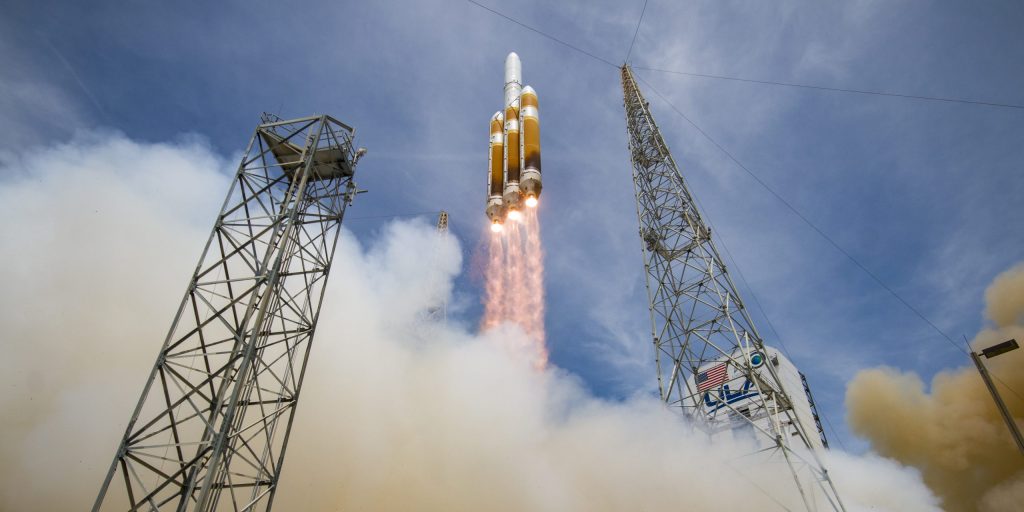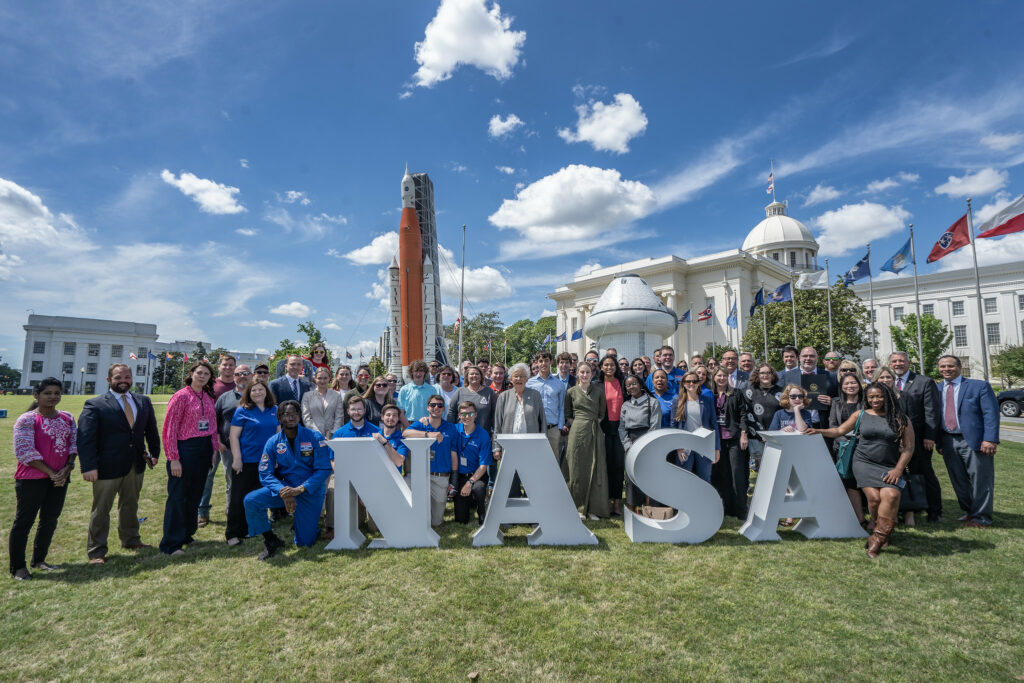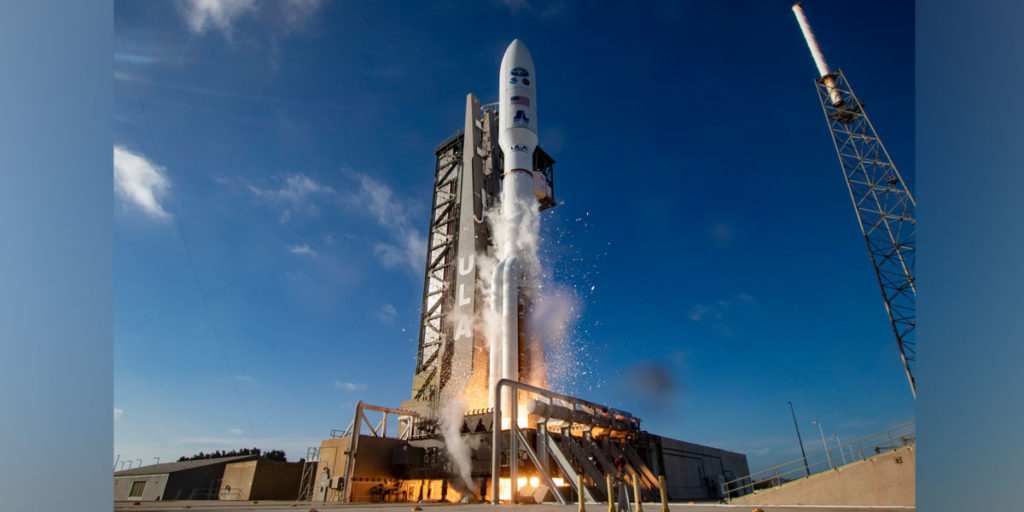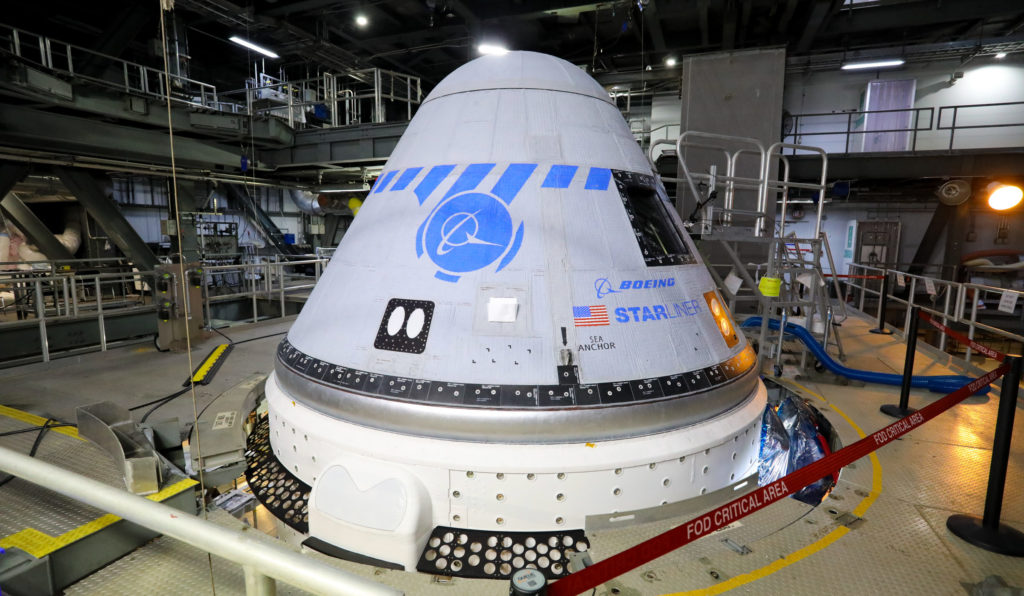NASA’s Perseverance Mars rover has been attached to the top of the Alabama-built rocket that will send it toward the Red Planet in the coming weeks.
NASA and Yellowhammer State rocket-builder United Launch Alliance (ULA) recently updated the mission’s launch period, which is the range of days the rocket can launch to reach Mars. It now spans from July 30 to August 15.
Encased in the nose cone that will protect it during launch, the rover and the rest of the spacecraft – the aeroshell, cruise stage and descent stage – were affixed to a ULA Atlas V booster last week at Cape Canaveral Air Force Station in Florida.
According to a release from NASA, that process began when a 60-ton hoist on the roof of the Vertical Integration Facility at Space Launch Complex 41 lifted the nose cone, 129 feet to the top of the waiting rocket. There, engineers made the physical and electrical connections that will remain between booster and spacecraft until about 50 to 60 minutes after launch, when the two are pyrotechnically separated and Perseverance is on its way.
“I have seen my fair share of spacecraft being lifted onto rockets,” stated John McNamee, project manager for the Mars 2020 Perseverance rover mission at NASA’s Jet Propulsion Laboratory. “But this one is special because there are so many people who contributed to this moment. To each one of them I want to say, we got here together, and we’ll make it to Mars the same way.”
The Atlas V was assembled at ULA’s world-class facility in Decatur, Alabama.
With the mating of spacecraft and rocket complete, the final testing of the two (separately and as one unit) will be underway.
No matter what day Perseverance lifts off during its launch period, it will be scheduled to land in Mars’ Jezero Crater exactly on February 18, 2021. This will come after an approximately seven-month journey spanning about 290 million miles (467 million kilometers).
The Mars 2020 Perseverance rover’s astrobiology mission will search for signs of ancient microbial life. It will also characterize the planet’s climate and geology, be the first planetary mission to collect and cache Martian rock and regolith (broken rock and dust) and pave the way for human exploration of the Red Planet — which will come through the historic Alabama-powered Artemis program.
NASA is inviting interested members of the public to get involved in the upcoming Mars Perseverance launch here.
RELATED: Aderholt sounds alarm over Fiscal Year 2021 NASA budget
Sean Ross is the editor of Yellowhammer News. You can follow him on Twitter @sean_yhn




